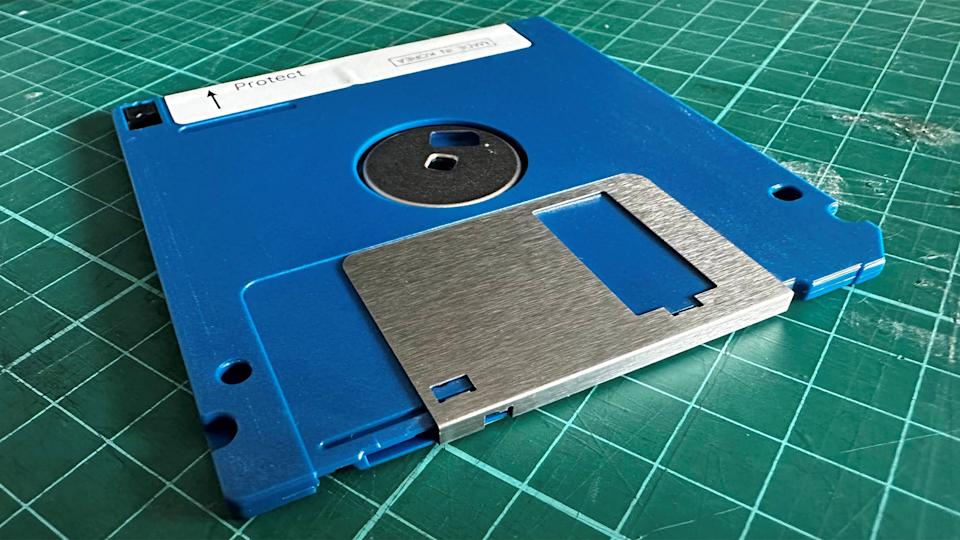Linux Driver Update Revives Floppy Disks Amid SSD and Cloud Storage Dominance

Floppy disks, once a staple of data storage, have made an unexpected return to the Linux development community with a recent patch aimed at refining outdated driver code. This update, the first in nearly three years, focuses on cleaning up the existing code rather than introducing new features. Led by developer Andy Shevchenko, the effort highlights the persistence of this obsolete technology, even as modern storage solutions continue to evolve rapidly. While floppy disks are increasingly viewed as nostalgic relics, their support within Linux raises questions about their relevance in today’s digital landscape.
Persistence of Legacy Technology
The recent patch for floppy disk drivers in Linux, although minor, underscores the ongoing relevance of this decades-old technology within the operating system. Despite the overwhelming advancements in storage technology, which now offer terabytes of capacity through solid-state drives (SSDs) and cloud solutions, Linux continues to maintain support for floppy hardware. This decision prompts a broader discussion about the necessity of such legacy support in a world where physical media is becoming increasingly obsolete.
While the floppy disk’s 1.44MB capacity pales in comparison to modern storage options, there are still niche scenarios where floppy disks are utilized. For instance, at New Jersey State Prison, inmates are permitted to use up to 20 floppy disks for case-related data storage, a measure implemented for security reasons. This unique application illustrates that, despite the general decline in floppy disk usage, there are specific environments where they remain relevant.
The Decline of Floppy Media
The commercial viability of floppy disks has also diminished significantly over the years. Sony, once the leading manufacturer of floppy disks, ceased production in 2010, leaving only a few remaining suppliers to operate from dwindling stockpiles. Tom Persky, who runs floppydisk.com, describes himself as the “last man standing” in the floppy disk market. He has predicted that the industry may only last a few more years, given the lack of new production and the shrinking availability of existing stock.
As the supply of floppy disks continues to dwindle, the justification for maintaining floppy disk support in modern operating systems becomes increasingly tenuous. The recent Linux patch serves more as a means of keeping the codebase organized rather than indicating a revival of floppy disk usage. Without any functional enhancements, users are still constrained by the limitations of this outdated storage medium, which is hardly capable of accommodating even a single modern document.
Nostalgia vs. Necessity
While some enthusiasts may appreciate the preservation of floppy disk compatibility within Linux, the practical arguments for their continued use are weak when compared to contemporary alternatives. The performance, durability, and decreasing prices of SSDs make reliance on floppy disks seem more like a nostalgic choice rather than a necessity. The recent update to the floppy disk drivers in Linux highlights their status as a historical footnote rather than a viable storage solution.
Observer Voice is the one stop site for National, International news, Sports, Editor’s Choice, Art/culture contents, Quotes and much more. We also cover historical contents. Historical contents includes World History, Indian History, and what happened today. The website also covers Entertainment across the India and World.

